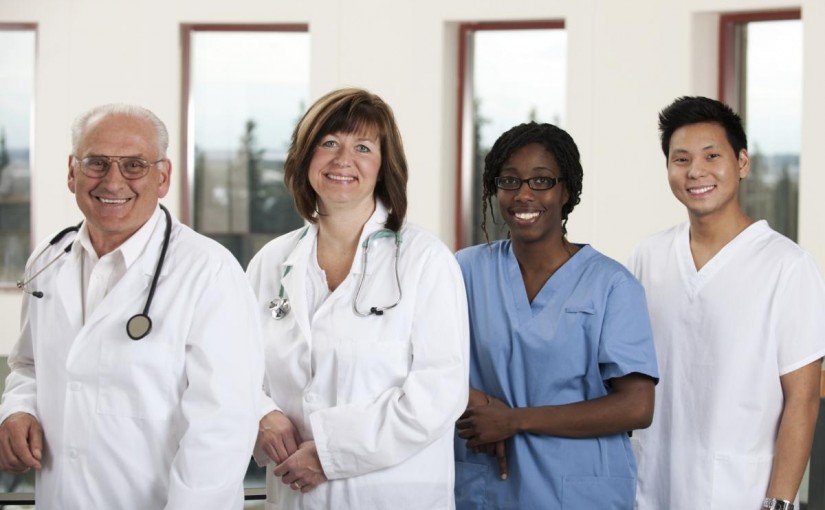In the crucible of cancer treatment, the bonding of patients with physicians often makes the unendurable endurable. The difficulty of finding and then keeping the right oncologist can therefore be fraught. Yet this problem, not uncommon today, is on track to grow worse.
“My doctor is terribly overworked and isolated,” my friend Lucy said recently to the other members of our cancer support group. She worried that her doctor, the only gynecologic oncologist left at Indiana University’s Simon Cancer Center, would burn out. “He needs to have colleagues to help shoulder the patient load and also provide him a sense of community.”
Women with ovarian cancer are told repeatedly that we must find a specialist. Yet in many areas of the country, it is impossible. There are no ovarian cancer specialists in my small town in southern Indiana. Upon diagnosis in 2008, I was instructed to drive an hour and a half to the Simon Cancer Center in Indianapolis for the debulking operation that would be performed by a gynecologic oncologist.
Afterward, I was told that I could choose my surgeon or one of three other specialists at my state’s premier medical institution to oversee my chemotherapy regimen. At that time there were four experts treating patients with gynecological cancers there.
I picked a medical oncologist who specialized in ovarian cancer. When my doctor left for a position in another city, I was in a Phase I clinical trial, as I am now. I was assigned to the principal investigator of that trial, who happened to be a breast cancer specialist. It was unnerving to be enveloped in pink — cover-ups, forms, you name it — and told by staff members, who mistakenly assumed I was there for breast exams, to undress from the waist up. Yet her research had extended my life. After that doctor also departed, I was given to another breast cancer physician who has promised to examine my breasts only once a year.
Patients without the resources to travel, especially those with less common forms of cancer, must face greater challenges. Away from academic centers, many oncologists function as generalists who treat numerous cases of breast, prostate, lung and colorectal cancer, but who less frequently encounter esophageal, adrenal, oral, muscle, bone or brain cancers. This is an issue for patients who live in rural areas.
Are there disincentives for medical students that route them away from specializing in rarer or more lethal types of cancer, asked Dana, another member of my support group. We speculated that it must be distressing for doctors to work without colleagues.
At home and online, I was surprised to discover that the problem of finding a doctor extends to oncologists in general, not just to those with specific expertise.
In 2007, a study conducted by the American Society of Clinical Oncology (ASCO) anticipated that cancer occurrences would soon outpace oncology services. A 2014 follow-up analysis in the Journal of Oncology Practice predicted that demand will grow by about 40 percent, whereas supply may grow only about 25 percent by the year 2025. “Unless oncologist productivity can be enhanced, the anticipated shortage will strain the ability to provide quality cancer care,” the authors concluded.
The combination of an aging population and an inadequate number of newly trained professionals will harm overworked cancer physicians and underserved patients alike.
Putting on our activist hats, the members of my support group decided that we should lobby for more hires by writing a letter to the Simon Cancer Center, to be sent to the various administrators in charge of the medical school.
We included data showing that Indiana — even before the loss of our specialists — lagged near the bottom of American states in terms of board-certified gynecologic oncologists per million residents: We had about two physicians per million people, compared with a national average of about three and with about six to 10 in a few states at the top of the list.
At our next meeting, while six of us reviewed the letter, we listened in stunned silence as one of our group members told us that Lucy’s doctor had just decided to leave the Simon Cancer Center. Now there would be no gynecological oncologists there.
That night I considered the brilliant physicians who have directed my eight years of cancer treatment. Thanks to these smart and resourceful women, I have survived three years beyond the expiration date I had initially been given. I would not be alive today without their guidance and support.
To read this entire article on The Clearity Portal, please click here.


